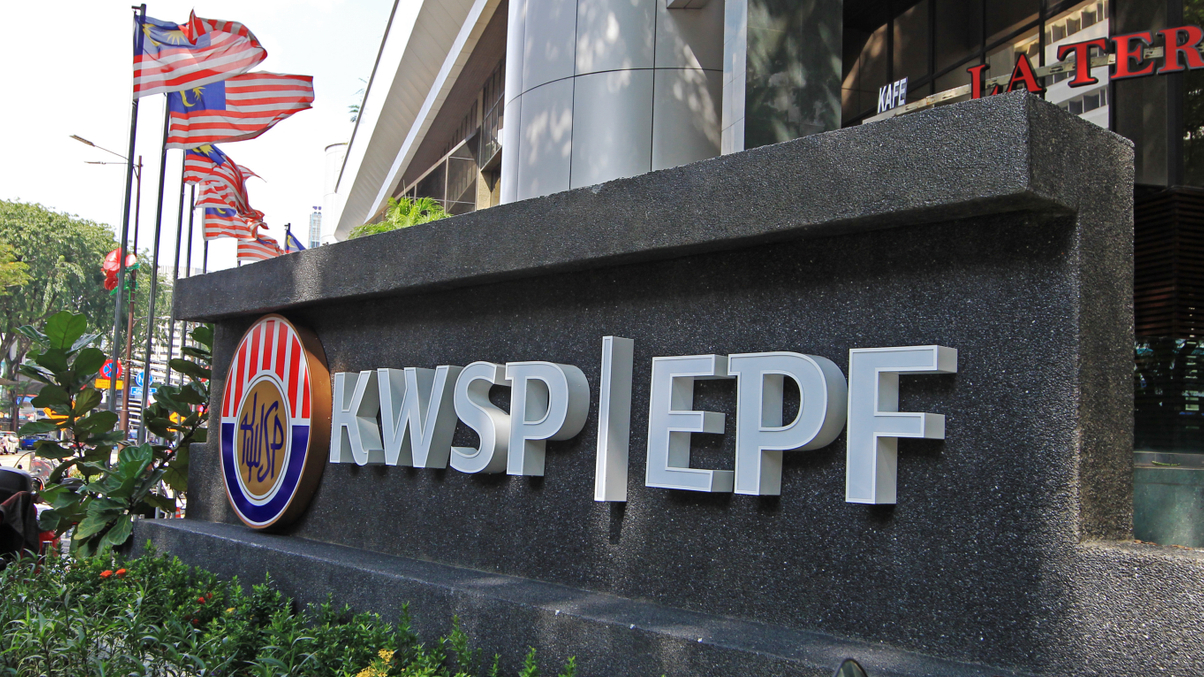Chalk Talk: How EPF identified its sustainability goals
Malaysia’s largest pension fund went through a thorough self-analysis before adopting public
ESG portfolio goals. Its former chief executive explains how.

Early this year, and after three years of work, the Employees Provident Fund (EPF) became one of the first Asian pension funds to publicly commit to sustainability by announcing its plan to be a fully compliant ESG portfolio by 2030 and a climate neutral portfolio (with zero GHG emissions) by 2050.

Alizakri Alias, former CEO,
Employees Provident Fund
With over $250 billion in assets under management (AUM), we had to balance between our power to enforce change and the ability of our investee (especially domestic) companies to meet this ambition. After deep stakeholder engagement to ensure practicability, EPF focused initially on three priority impact areas (i.e., climate change, corruption and elderly welfare) and five key sectors with the highest ability to effect change (i.e., financial, industrials, consumer staples, utilities & energy and basic resources e.g., mining & forestry).
It was critical to ensure our house was in order before making such commitments. But we needed to first align the sustainability agenda with our retirement fund mandate.
We believed our vision of ‘Helping Members Achieve a Better Future’ was holistic enough, but we found our mission of ‘Growing and Safeguarding our members’ savings’ (tracked by >2% annual real returns and >2.5% over a five-year rolling average) to be a potential snag.
We reconciled both the tangible and intangible returns need by proving:
• ESG investments were able to match (in the long term) and outperform (during crisis periods – such as during Covid-19) ‘conventional’ portfolios; and
• for our members, financial independence alone would not ensure a rewarding retirement without good health and the ability to lead a meaningful and purposeful life. This could be achieved by investments into sectors that cover the social security base such as health (hospitals), affordable shelter (property development) and mobility (highways)
MINDING THE GAPS
The challenges faced in implementing our ESG programmes were in ‘minding the gap’, or in our case, three gaps:
1. Relevancy gap – the traditional mindset requires financial justifications before making any investments, such as profit returns, credit ratings and financing mechanisms. But these were insufficient to tick the sustainability checklist such as human rights (answer: you can avoid revenue loss due to product bans), climate change (answer: you avoid the potential capital loss of stranded assets due to increased water levels for example) and corruption (answer: combating it lowers output costs and increases competitiveness).
Given inadequate Malaysian social security infrastructure, our members demand ringgit returns to finance retirement needs and have little interest in outcomes that do not address their immediate needs.
2. Realisation gap – the returns expectations of a conventional investor can be quite short (three to five years), but the gestation period of sustainable investments is around seven to nine years. This would not be a major issue due to our longer time horizon, but might not fit the returns and yield strategies of conventional funds.
3. Reporting gap – Many investments lack solid or consistent ESG reporting mechanisms, which makes it challenging to prepare a final consolidated report. In addition, the current lack of audit and verification mechanisms (especially at global levels) would create inconsistencies.
To address this, EPF decided to not enforce a hard and fast rule until it develops a framework, adding the best practices gleaned through engagement and knowledge sharing among firms and fund managers. Reporting real value (financial and social) might also address the relevancy gap where members could accept a lower financial dividend offset with a better quality of life.
Since making the announcement, the Malaysian Securities Commission incorporated ESG in its updated Corporate Governance Code in April.
With more and more major institutional investors and stakeholders getting on board, sustainability will become a top item on the agenda for the 21st century.
Sign in to read on!
Registered users get 2 free articles in 30 days.
Subscribers have full unlimited access to AsianInvestor
Not signed up? New users get 2 free articles per month, plus a 7-day unlimited free trial.
¬ Haymarket Media Limited. All rights reserved.


